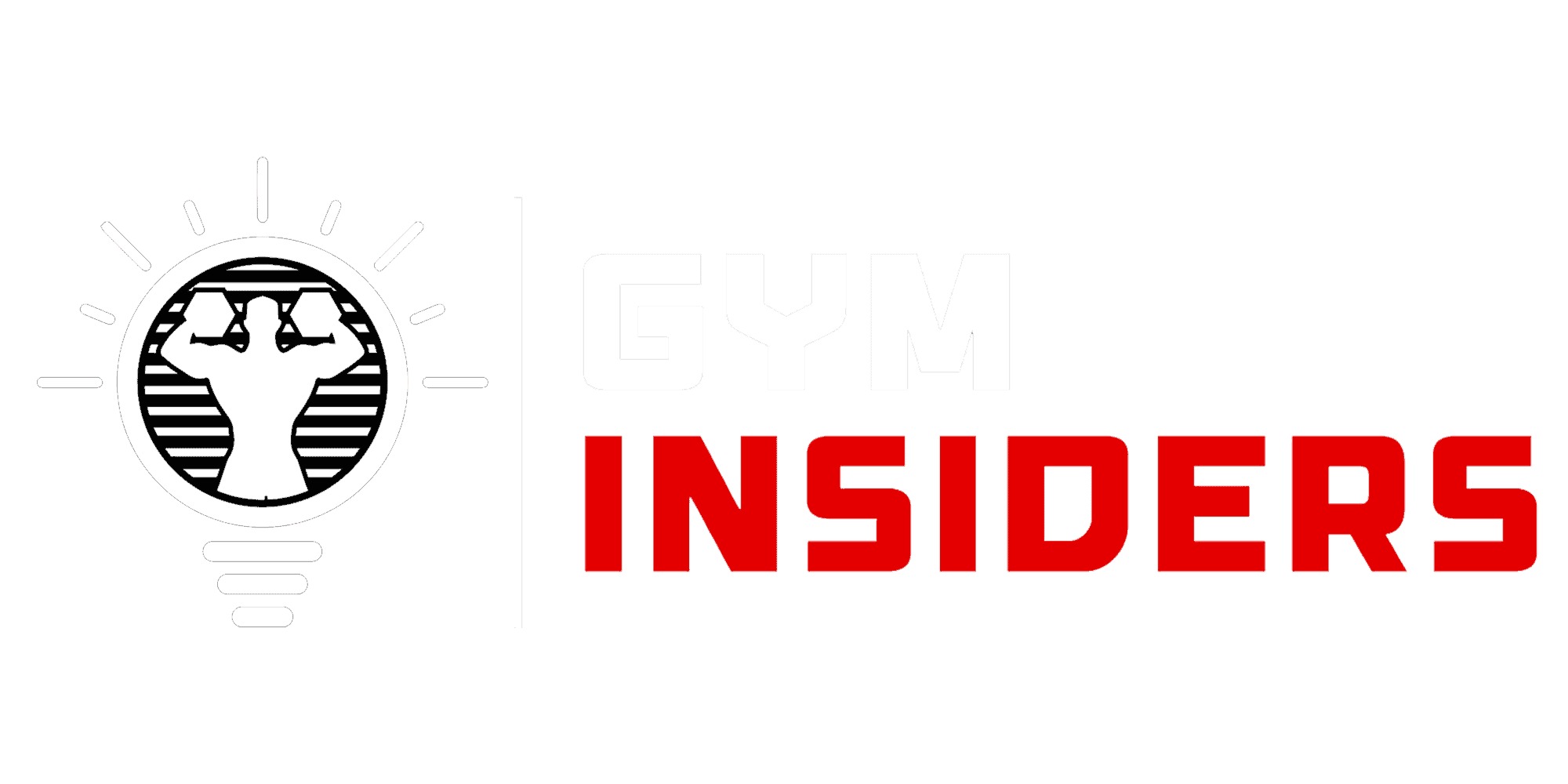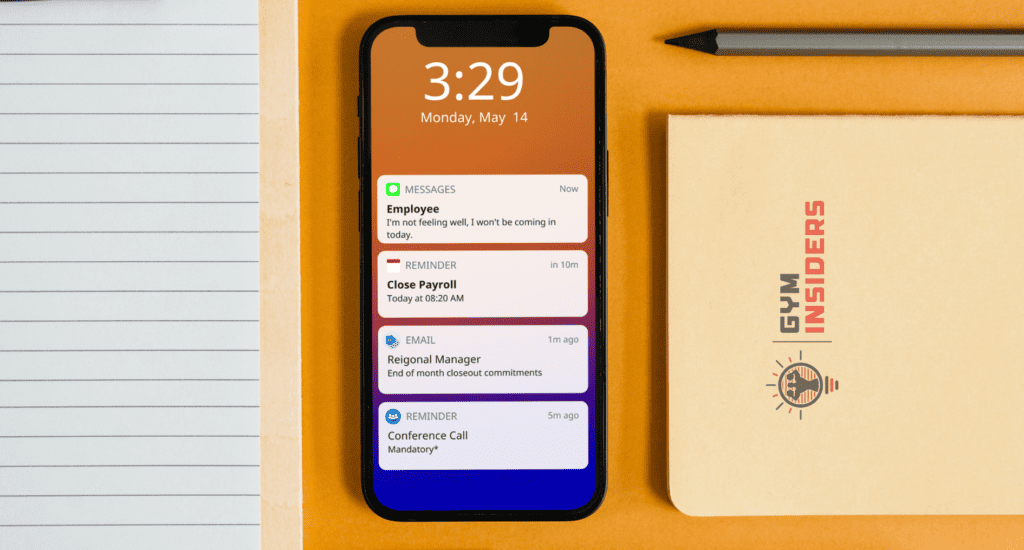The fitness industry has undergone a significant transformation in the past decade, and so has the role of the gym general manager. In the past, the general manager’s role was primarily to oversee various department heads, such as sales, fitness, group exercise, and housekeeping. The general manager would hold daily meetings with department heads to review the previous day’s stats, such as new membership sales, retail sales, past-due collections, personal training conversions, and class attendance averages. They would identify how the gym business was doing compared to the previous year and assess their MTD metrics, then create a plan of action to address any areas lacking. The day was spent behind a computer auditing managers’ work and reviewing the KPIs of their direct reports in search of outliers. Meetings with members and addressing concerns were also significant part of the role.
Fast forward to 2023, and the role of the general manager has changed significantly. Most gyms have moved away from having multiple managers, and the day-to-day operations are expected to be handled by the general manager and delegated down to their assistant manager and front line team members. From making schedules to auditing payroll, online reviews & the above-mentioned areas that once were deligated out amongst four additional managers. These are now daily cadences that fall to the sole responsibility of the GM. In addition, general managers are expected to be better at time management, and team member devlopment such as, role-playing or working with their personal trainer or front desk team, but not letting that take up too much of their day. The manager lives off of calendar reminders to revisit and follow up on crucial outstanding issues while still heavily emphasizing obtaining goals and managing P&L to maximize profits, which are still top priorities equal to member retention.
Organizations such as IHRSA have been studying the evolution of the gym general manager’s role for several years. They have found that gym general managers have had to adapt to a changing industry where new technology, changing consumer behavior, and increased competition have forced them to become more innovative and entrepreneurial. To be successful, general managers need to have a diverse skill set that includes critical thinking, industry knowledge, coordinating, budgeting, technical skills, and leadership skills.
One of the critical skills that gym general managers need to possess is industry experience. The more experience you have in the fitness industry, the better. You will have a better understanding of how the industry works, what your customers want, and how to keep your employees motivated. Having industry experience also helps in identifying trends and adapting to the changing needs of customers.
Understanding the standard operating procedures (SOP) is crucial to ensuring consistency in your gym’s day-to-day operations. This means having a system in place for everything, from cleaning equipment to handling customer complaints. Having a detailed SOP can help improve customer service and increase efficiency, which can lead to better member retention rates.
A good gym general manager should have a methodology in place for every aspect of their job. This includes how to train employees, how to conduct interviews, and how to handle cancellations and sales. A well-defined methodology can help ensure that every employee is trained in the same way, resulting in consistent service and customer satisfaction.
Excellent customer service skills are essential for a general manager. You must be able to build a rapport with your members and employees, anticipate their needs, and handle any issues that may arise. Customer service should be a top priority for any gym because it can significantly impact member retention rates.
Having clear goals for your gym is essential to its success. As a GM, you must set realistic goals for sales, membership retention, and employee satisfaction and develop a plan to achieve them. Knowing how to manage P&L is also important for a gym general manager. Understanding the financial side of the business can help you make informed decisions that can help maximize profits and ensure the long-term success of the gym.
Another important aspect of the manager’s role is staying up to date with industry trends and innovations. The International Health, Racquet & Sportsclub Association (IHRSA) offers resources and information to help gym managers stay informed and ahead of the game. Other valuable resource is networking and joining professional gym groups on LinkedIn for content and dialogue with other gym managers; general managers can gain valuable insights into what works and what doesn’t work in the industry.
A successful gym manager must also possess strong leadership skills. As the leader of the gym’s team, the general manager sets the tone for the gym’s culture and inspires their team to perform at their best. This requires effective communication skills, the ability to motivate and inspire, and a willingness to lead by example. By fostering a positive work environment and building strong relationships with employees, gym general managers can improve employee satisfaction and retention, which ultimately translates into better business outcomes.
One of the challenges facing gym general managers today is the need to balance member satisfaction with business objectives. While ensuring that members have a positive experience is crucial to retaining them, gym general managers must also keep an eye on the bottom line. This means managing expenses, maximizing revenue, and ensuring that the gym is meeting its financial goals. By finding a balance between member satisfaction and business objectives, general managers can create a sustainable business model that benefits both members and the gym.
In conclusion, the role of the gym general manager has evolved significantly in recent years. Today’s gym general manager must possess a diverse skill set, including technical, leadership, and business skills. By staying up to date with industry trends, leveraging the latest digital tools, and building strong relationships with employees, managers can create a positive work environment that fosters employee satisfaction and drives business success. With the right mix of industry knowledge, leadership skills, and business acumen, today’s gym general managers can navigate the complex and rapidly evolving fitness industry and achieve success.
Stay up-to-date with a new posts by subscribing to our email newsletter.









No Comments
Sorry, the comment form is closed at this time.